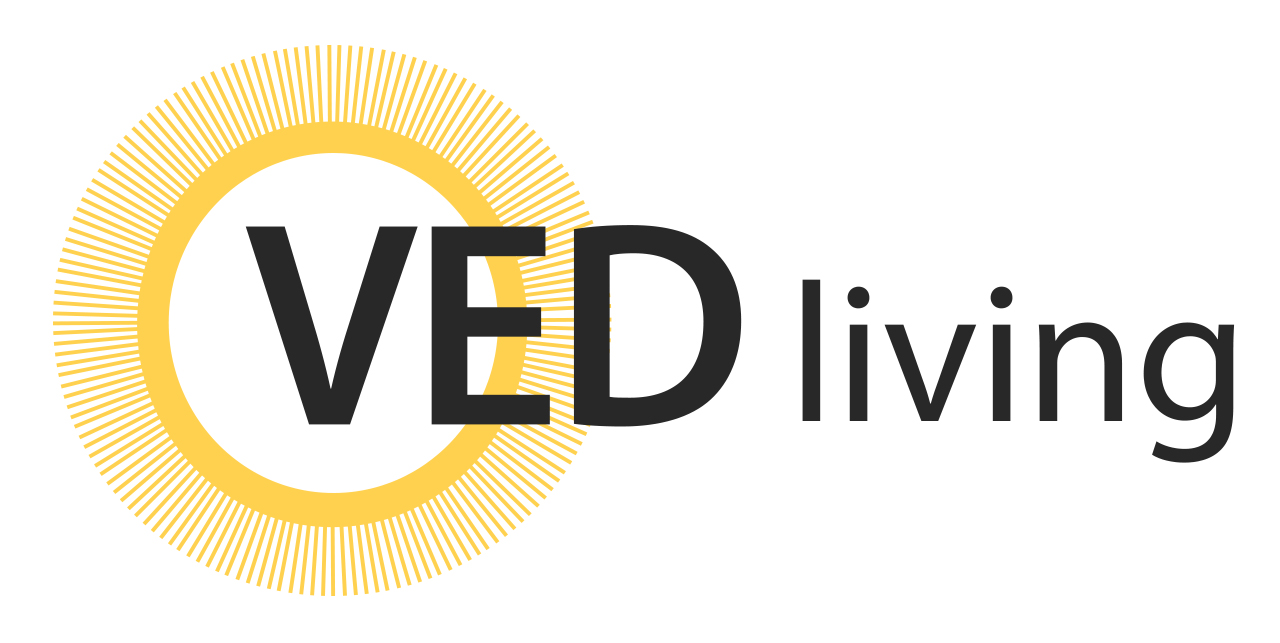What is 5,000 years old but feels new each time someone discovers it? The answer is Ayurveda, which translated literally from Sanskrit means “knowledge of life.” Ayurveda is the ancient Indian art of healing whose goal is to promote health and encourage vitality, rejuvenation, and long life.
Although Indian sages developed Ayurveda thousands of years ago, the elaborate, well-regarded medical system of concepts relating to energies and imbalances in the body has stood the test of time. By understanding the qualities of our doshas, or functional energetics, and understanding that these same qualities are interconnected in foods, sounds, sights, and experiences, we then can choose natural ways to balance our doshas and achieve true healing.
Based on writings of Charaka the Physician and Sushruta the Surgeon, who lived in India around 300 B.C., Ayurveda emphasizes balancing the three life energies or doshas, through diet, lifestyle and rejuvenation therapies.
Ayurveda on the Go
Ayurvedic practices spread relatively quickly throughout India and, thanks to Alexander the Great, eventually traveled to Greece and Rome. By 700 to 800 A.D. Chinese practitioners were studying Ayurveda at Nalanda University in India and Ayurvedic texts were being translated into Arabic. Centuries later in Europe, Paracelsus, the father of modern Western medicine, was still consulting Ayurveda.
Currently Ayurveda exerts a global influence on alternative healthcare. In 2003 India established its Department of AYUSH (Ayurveda, Yoga and Naturopathy, Unani, Siddha, and Homeopathy), and today the United States offers educational programs in Eastern medicine at the California College of Ayurveda in Grass Valley, the Kripalu School of Ayurveda in Lenox, MA, and many other American institutions.
Balance is Best
The holistic philosophy of Ayurveda has greatly impacted healthcare with its definition of health as a mind-body balance that also incorporates the spiritual–that all living things come from consciousness, that life is the union of body, sense organs, mind and self, and that we are all connected.
Ayurveda prevents chronic disease by maintaining the equilibrium of body energies. Achieving this helps free the mind from ill thoughts, fear and anger that can lead to illness. Ayurveda teaches that imbalances usually stem from three things: the failure to perceive things as they are, the inappropriate uses of the sense organs, and errors in timing such as doing the right thing at the wrong time.
To prevent or correct physical and/or mental problems Ayurveda offers a variety of measures including natural foods, spices, herbs, detoxification therapies, yoga, lifestyle counseling, sound and sleep routines, and meditation. For example, lifestyle counseling regarding personal hygiene (bathing, drinking water, and cleaning the mouth and tongue) can help the person remove toxins from the body and strengthen immune function.
Unique as Snowflakes
Ayurvedic practitioners attain vibrant health through individualized programs. For instance, Ayurveda recommends physical exercise, but, as the Sushruta Samhitta text says, not before “due consideration for age, physical capacity, place, time and food habits—otherwise it may invite disorders.”
And since people inherit unique DNAs or genotypes, their basic energies and predispositions vary. According to Ayurveda, each person’s constitution falls into seven broad categories with differing body structure, functioning and mental abilities.
Each person also has a personal balance point known as prakruti, which must be considered when following or recommending any regimens. In his book The Perfect Health well-known physician Deepak Chopra describes prakruti in this way: “The Ayurvedic body type is like a blue print outlining the innate tendencies that have been built into your system—by knowing your body type, an Ayurvedic doctor can tell which diet, physical activities and medical therapies should help you and which might do no good or even cause harm….If you try to prevent every disease without knowing your particular predisposition, you are stabbing in (the) dark.”
Ayurveda also looks to the environment for individualizing healthcare. It tailors healing remedies to changes in nature such as the seasons, times of day and weather. For example, Ayurveda notes the restorative power of nature for rejuvenating the body by decreasing stress and relieving anxieties. That’s why outdoor activities like hiking or bird watching can be ayurvedic prescriptions. In this way, the person employs all five of his senses, following the Ayurvedic precept “Right treatment for the right patient at the right time.”

